California fast food workers are seeking yet another minimum wage increase, only months after the Golden State implemented a law requiring fast food chains to pay their employees at least $20 an hour.
This latest request comes after California held a Fast Food Council, which saw unions explain what they wanted to see happen in the near future.
California’s Controversial Fast Food Law
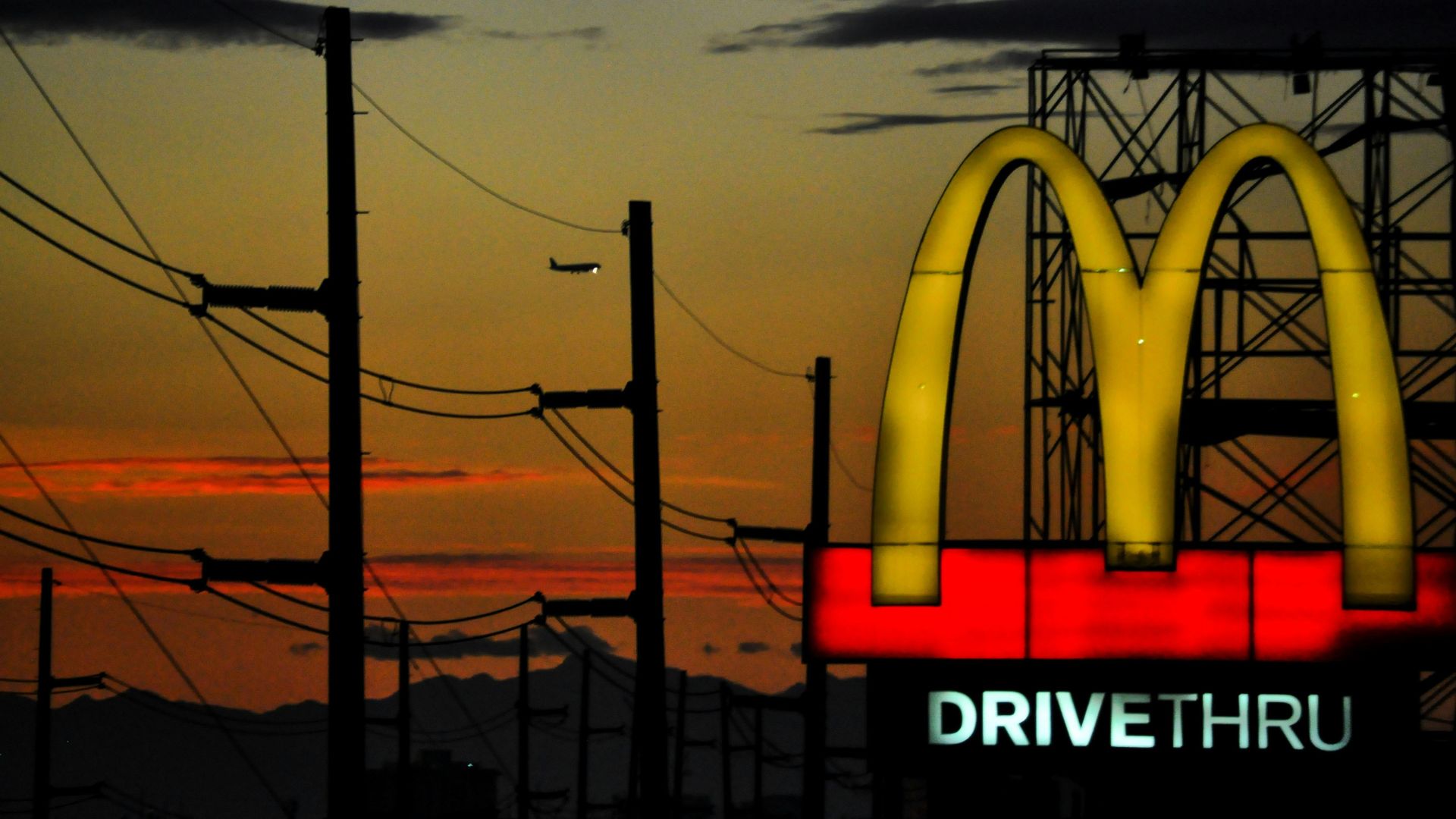
In April, California’s $20 minimum wage fast food law officially went into effect. Supporters of this legislation explained that this wage boost would help industry workers who were struggling to live, thanks to the Golden State’s high cost of living.
Supporters also pointed out that many fast-food employees haven’t seen wage increases in years, if not decades.
Critics Denounced Law
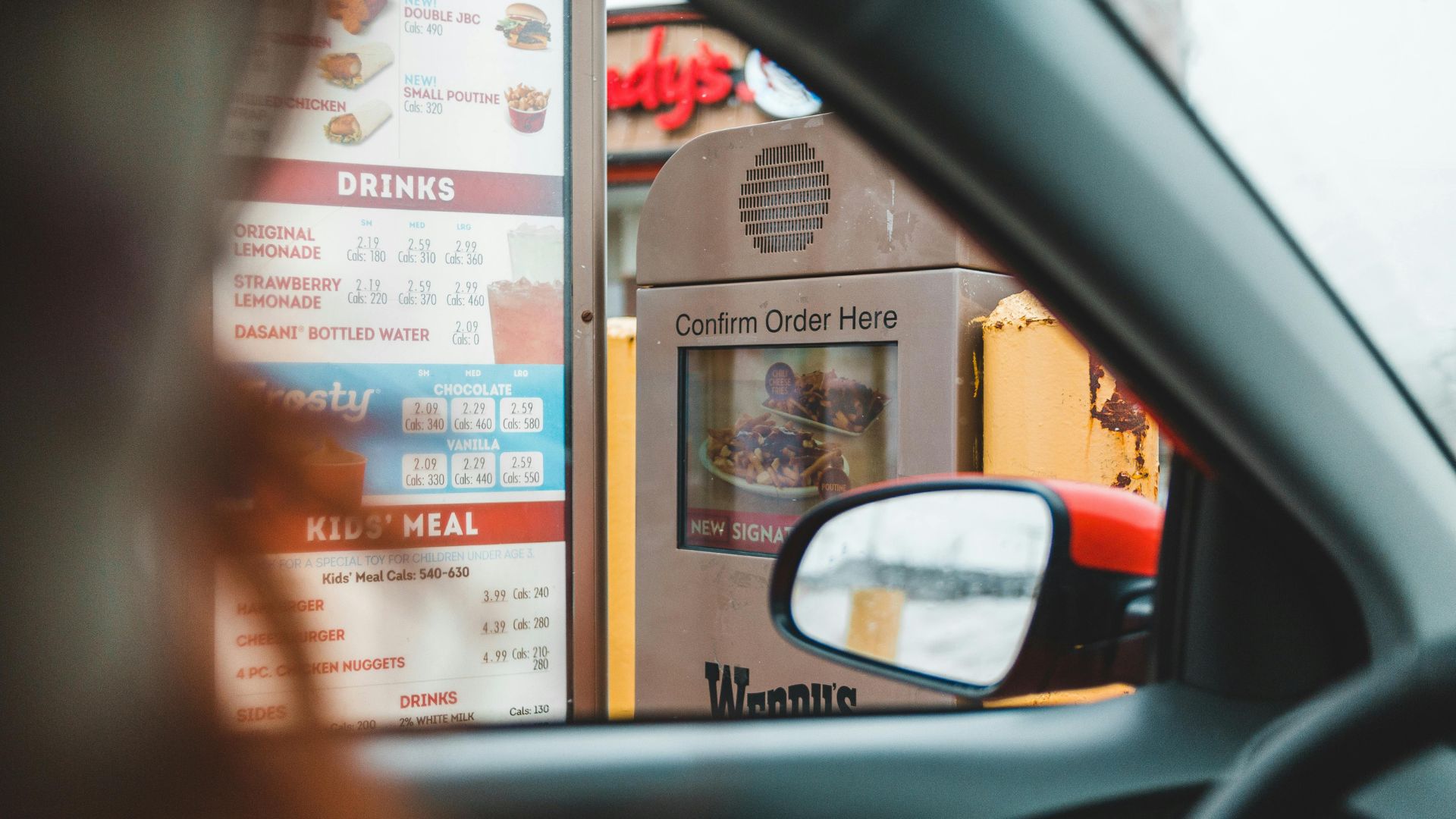
However, many fast food business owners and other critics have long denounced this law, as they’ve claimed that it’s hurt their sales and profits.
Many have also stated that they can not afford this wage increase — which has prompted various fast-food establishments to close throughout California.
Another Wage Increase?

Now, the California Fast Food Workers Union (CAFFWU), which is part of the Service Employees International Union (SEIU), has requested another wage increase.
The union has asked for 70 more cents per hour by January 2025. This demand occurred during California’s first Fast Food Council.
Demanding Better Jobs
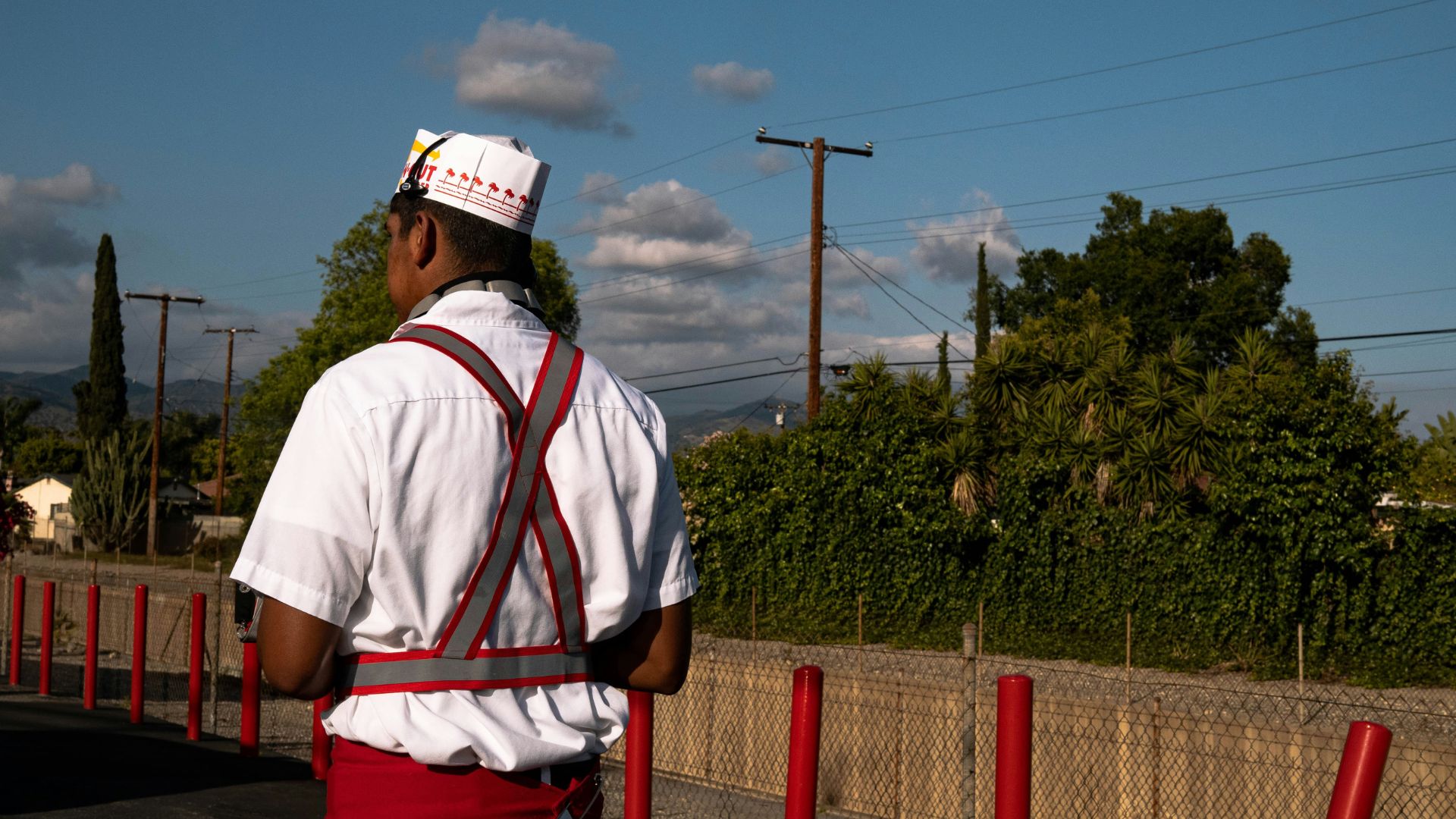
The SEIU released a statement explaining its demands and why the union is fighting for workers’ rights.
The SEIU said, “As California’s fast-food industry grows, cooks and cashiers are doubling down on their fight across the state to win safe and healthy stores, stable hours, pay that keeps up with inflation and training to understand their rights on the job.”
Other Demands
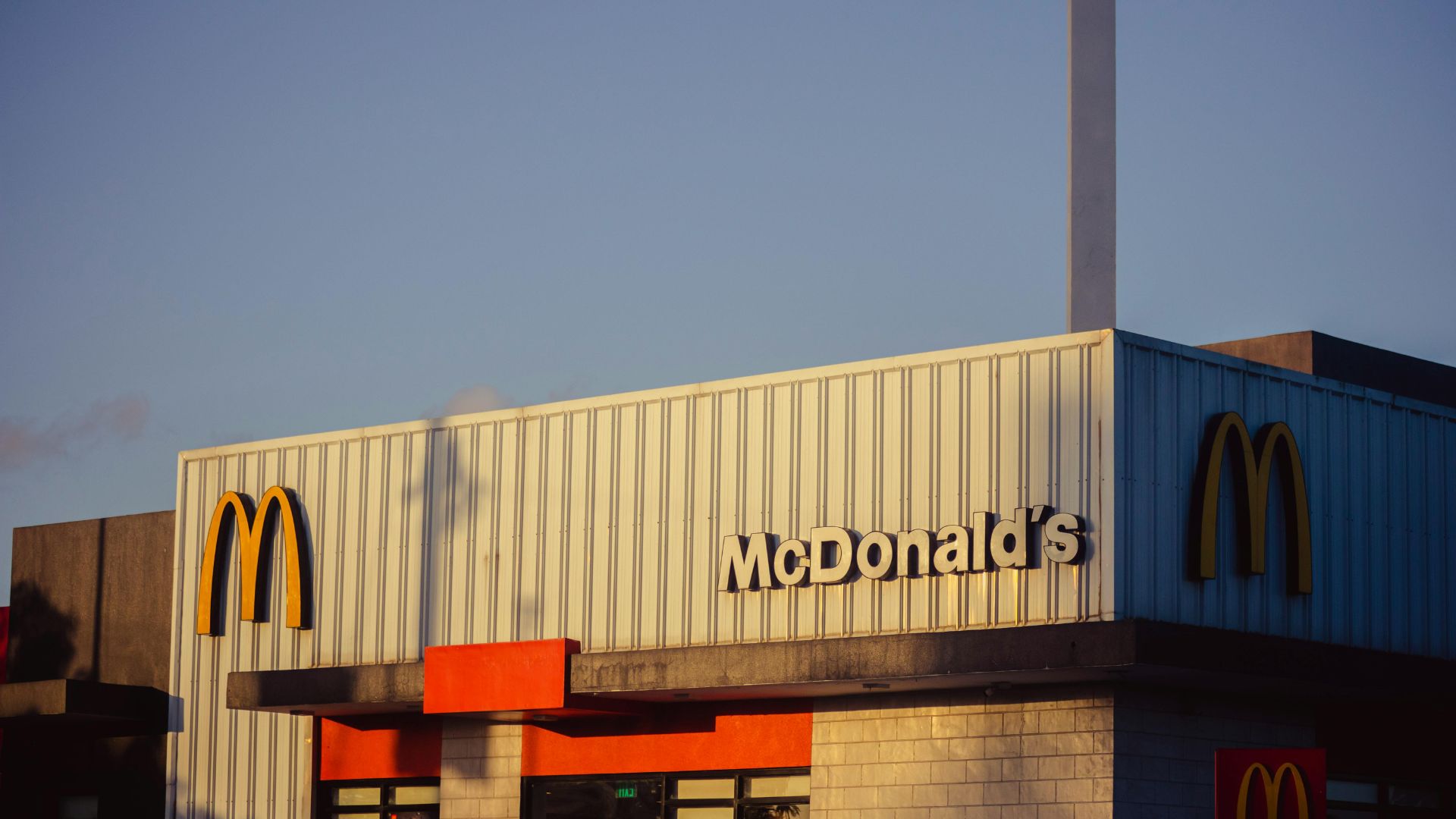
A 70-cent wage increase isn’t the only thing the union demanded during this council meeting.
The union also asked for stable schedules for fast food workers, an increase in job stability, as well as fair payment for owed back pay.
A Look at Issues in the Workplace
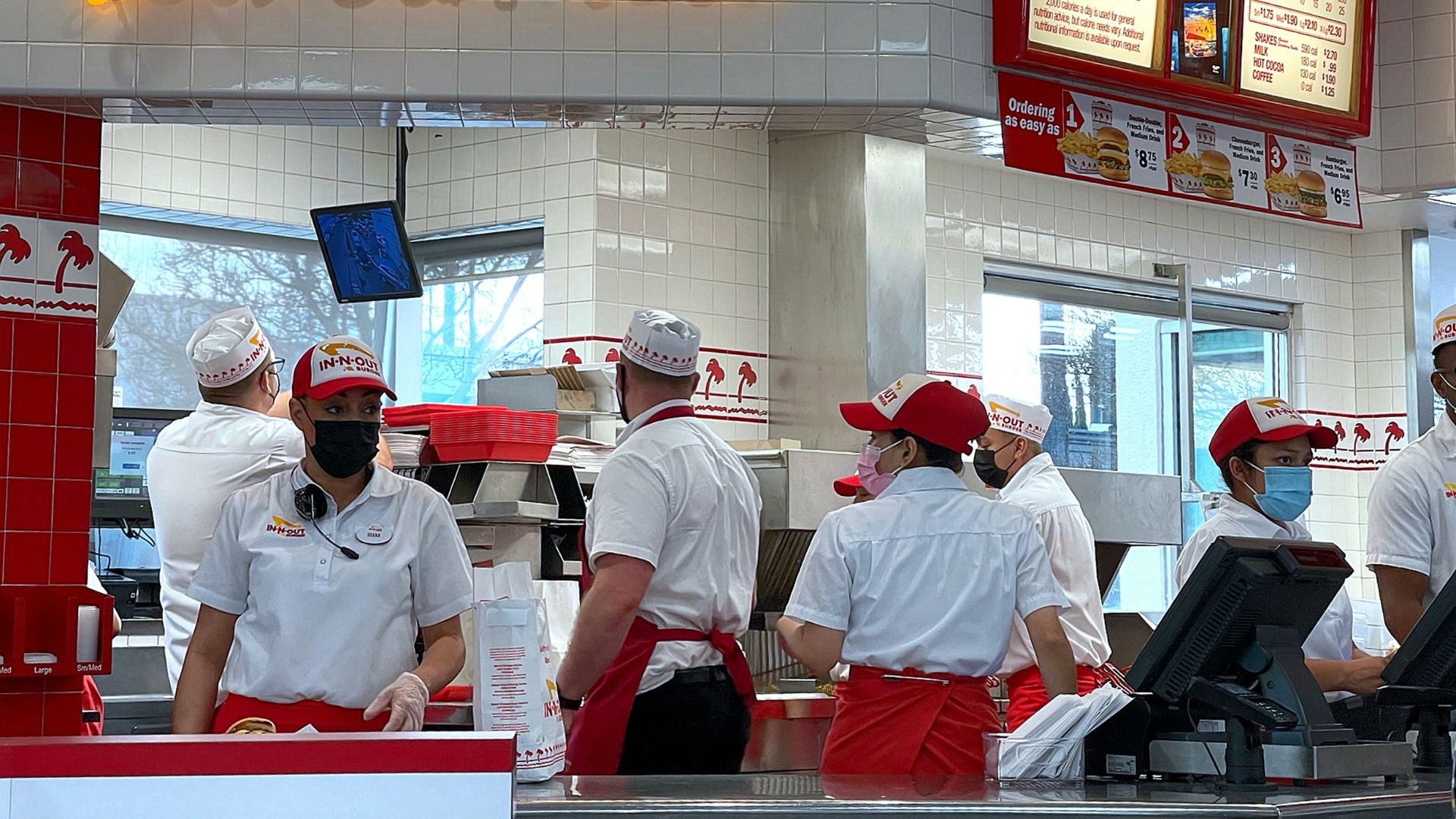
Furthermore, the union has also demanded a complete investigation into notable issues and problems that many fast-food establishments in California face.
For example, they want an investigation into wage theft, discrimination, harassment, and hazardous working conditions.
Will Fast Food Workers Actually Get Another Raise?

It remains to be seen whether California fast food workers will truly get this increase in minimum wage that they’re asking for.
So far, many business owners in California have been against the idea of the initial $20 minimum wage that passed earlier this year. Before this legislation went into effect, the average fast-food worker in the Golden State was making about $16 an hour.
Fast Food Establishments Struggle in California
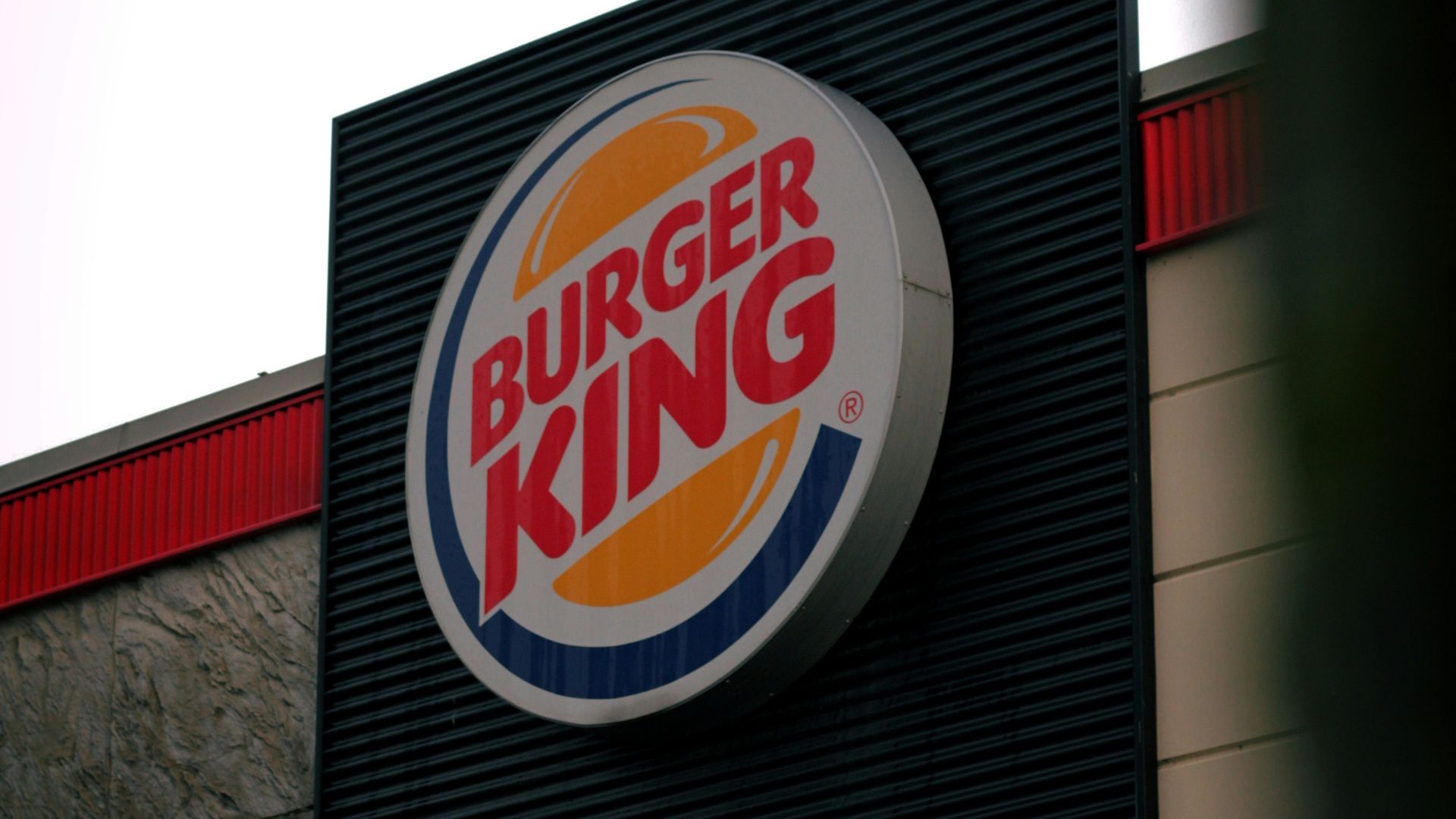
Since the law went into effect, many fast-food establishments have struggled to stay afloat. They’ve blamed the law for why they’ve had to cut employee hours, raise menu prices, or close shop completely.
This legislation has only affected fast-food chains that have at least 60 locations nationwide.
Menu Prices Rise

For years now, many Americans have felt that fast food menu prices have been skyrocketing. As a result, many can no longer afford to eat out at these restaurants, as it has become a luxury.
California has seen fast food menus rise in price more so than other states — and business owners have pointed to the minimum wage law as to why this has happened.
Restaurants May Continue to Raise Prices
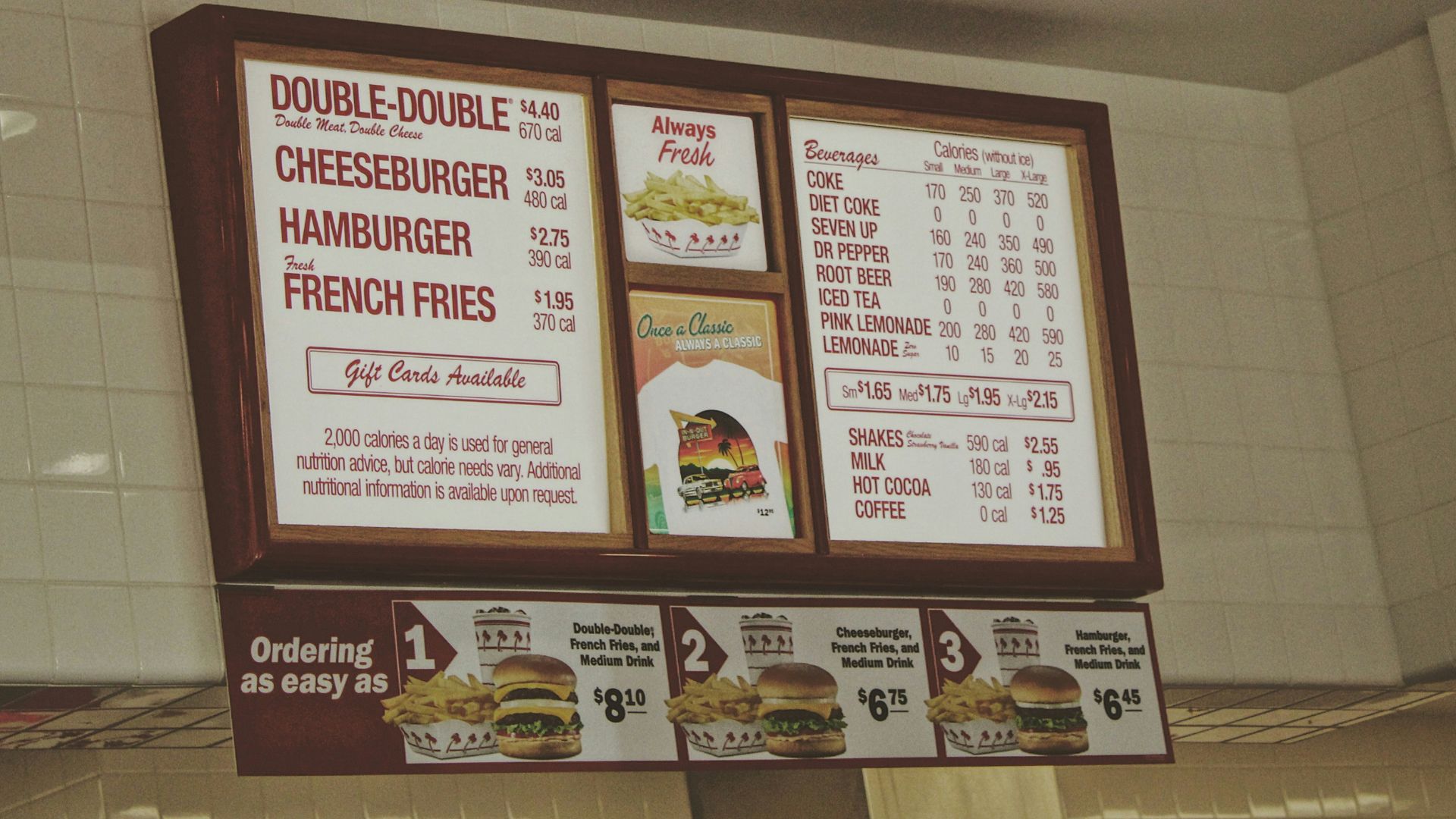
Even though many Californians and Americans have called out fast food restaurants and their high prices, it doesn’t look like this will change anytime soon.
A report from the Employment Policies Institute found that 93% of restaurants plan to raise the cost of their menu items next year.
Varying Reports Tell Different Stories
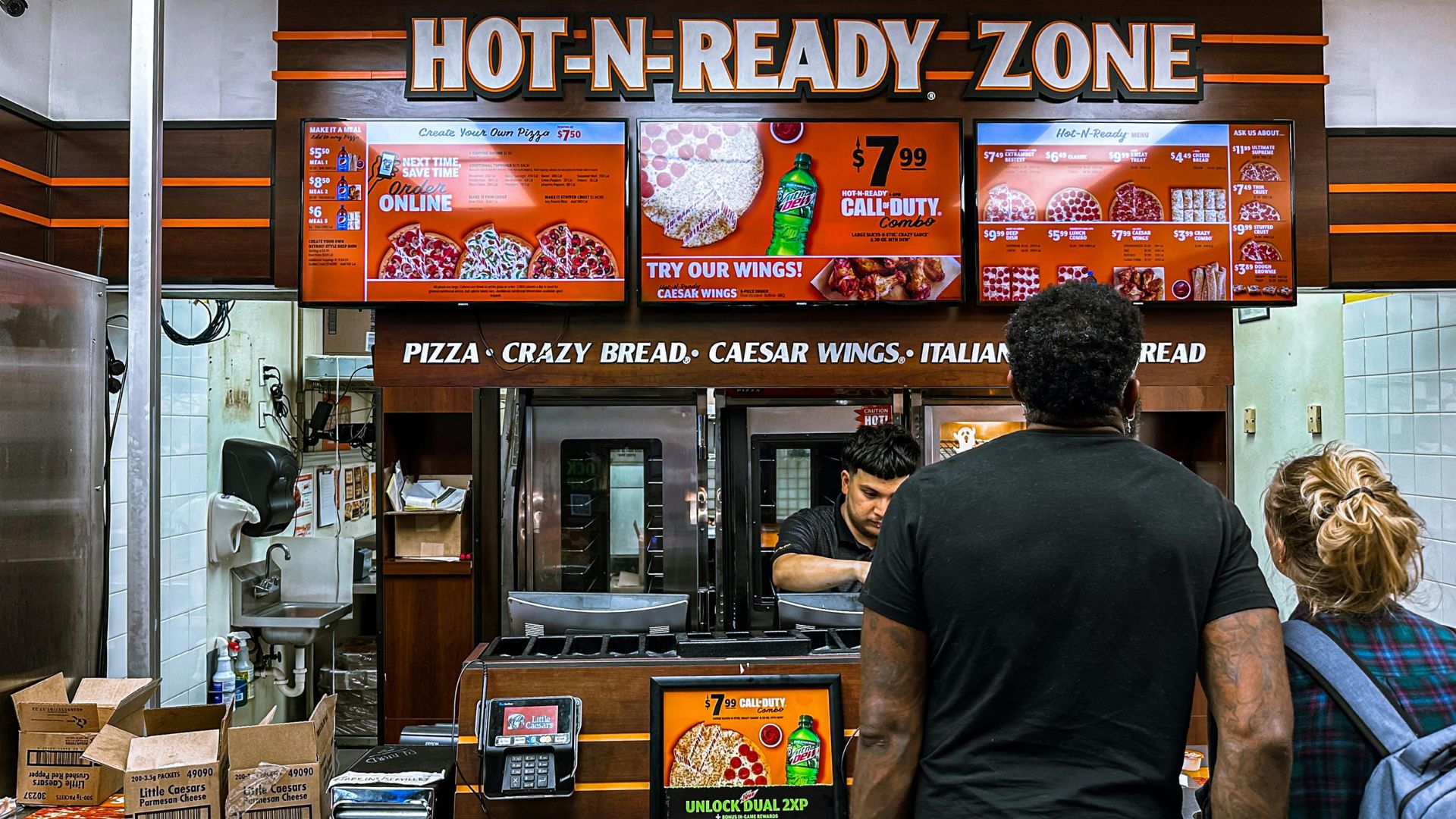
Reporting on this minimum wage law hasn’t only been negative. Many reports have surfaced that the $20 minimum wage law has actually helped hiring, particularly in Southern California.
This revelation comes as many business owners state that they’ve had to fire or lay off many workers — even though stats have shown that fast food hiring is at a record high.
